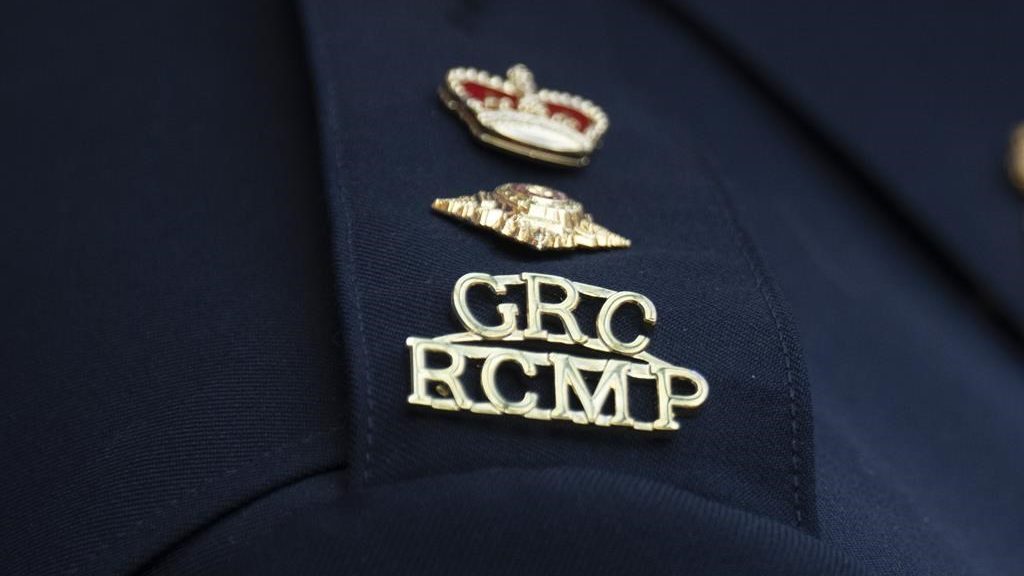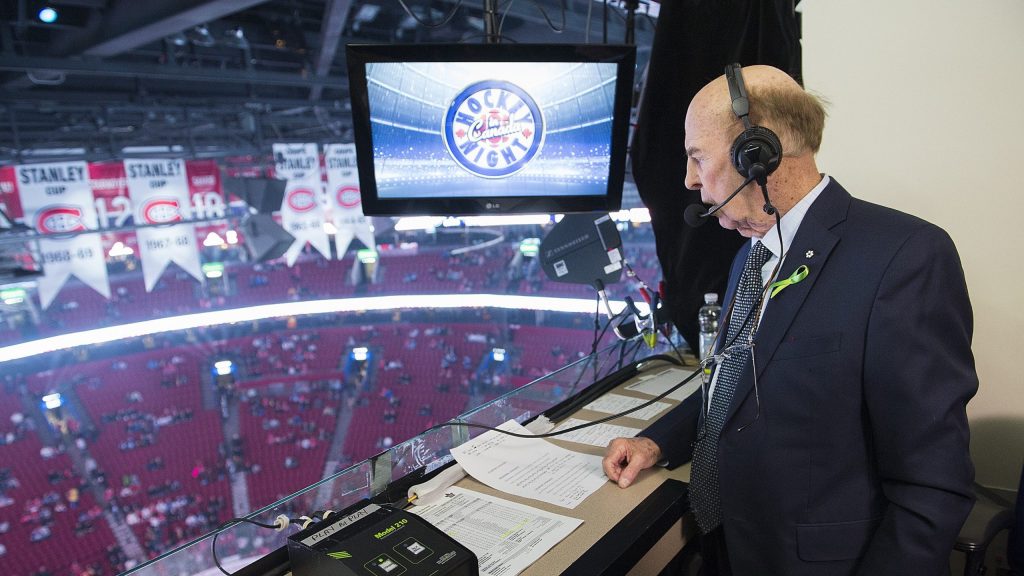Nova Scotians face back-to-back elections, will voter fatigue affect turnout?
Posted Aug 20, 2021 04:44:00 PM.
The recent announcement regarding Sept. 20 as the date of the next federal election means electors in Nova Scotia will be voting for the third time in less than a year.
Municipal elections in this province took place last October, and Tuesday was the provincial general election.
Going back to the federal election in October 2019, this September’s cross-country voting day, for Nova Scotians, will be the fourth election in less than two years.
Set aside the coronavirus pandemic, for a moment – can voter fatigue affect Nova Scotians by the time the election is held weeks from now?
In other words, how often is too often, in terms of voting, with respect to potentially turning off the electorate and risking an apathetic response from a segment of the voting population?
To begin with, political scientist Jim Bickerton said, the notion of voter fatigue “is largely a media construction.”
However, he said, “it does capture a problem that political parties face when there are multiple campaigns within a short time frame, and that is getting and holding voter attention.”
Bickerton, a professor at St. Francis Xavier University in Antigonish, said Monday most voters will gripe about having to devote personal time to elections.
“It’s become a bit of a trope,” he told HalifaxToday.ca via email. “But (the) truth is that most only ‘bear down’ and pay close attention for a short period of time toward the end of a campaign.”
The start of the federal election campaign, in summer, happened as the July-August provincial campaign was close to ending.
Bickerton said declining voter turnout “is happening everywhere,” but doesn’t feel voter fatigue is a major cause. He said other factors, such as the timing of an election call, do matter.
“A summer election is always going to produce lower voter turnout,” said Bickerton, “and generate more complaints from voters about ‘voter fatigue.’”
Because of Canada’s parliamentary democracy, Bickerton said “the frequency of minority governments” and other structural elements of the system mean “Canadians have been conditioned to the regularity of elections.”
Could Canadians be presented with another minority government after Sept. 20? The Canadian Encyclopedia shows there’s a long history of such governments at the federal level:
Although the COVID-19 situation finds Nova Scotia still in a state of emergency – this has existed since the province made the initial declaration on March 22, 2020 – candidates obviously want voters to receive their federal election sales pitches.
Electors may get such messages on the doorstep, online, on billboards, in household mail, in newspaper ads or during television and radio broadcasts. Bickerton acknowldged there’s a “torrent of information that parties bombard (voters) with during campaigns.”
The race is on as new coronavirus cases in regions of the country continue to rise daily, CBC News has reported.
Our last federal election, in 2019, cost taxpayers about $502 million, according to Elections Canada.
This time around, news outlets have said, the bill could be as high as $610 million, due to public-health measures and other things.
Regarding scheduling elections, although federal legislation allows for a general election to be held on a fixed date, the third Monday in October in the fourth calendar year after the preceding election, Elections Canada says the law “does not prevent a (federal) election from being called at another date.”
Nova Scotia is the only province in Canada without a fixed date for general elections.
Michael Lightstone is a freelance reporter living in Dartmouth










